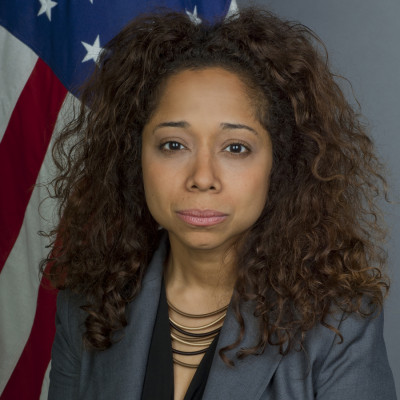June 2, 2014
May at Policy Integrity: Regulating Greenhouse Gases, Social Cost of Carbon, In the News: Richard Revesz on Unleashing Market Forces on Coal, On the Docket: Comments on EPA’s Existing Sources Standards, In the Spotlight: Ambassador Julissa Reynoso
-

Regulating Greenhouse Gases
Today, EPA will propose the administration’s most significant effort to tackle the climate crisis. Environmentalists, industry groups, and state governments have been vocal regarding their preferences for the shape of EPA’s forthcoming rule on greenhouse gas pollution from existing power plants. In a policy brief, Jack Lienke and Jason Schwartz survey 30 public letters, white papers, presentations, and reports from these stakeholders and outline their positions.
-

Comments on the Social Cost of Carbon
The public pays a steep economic price for carbon pollution—a price that should be properly accounted for, in economic terms. With our partners, NRDC and EDF, we continue to work to ensure that the federal government does exactly that. To that end, this month we submitted three sets of public comments supporting the use of a social cost of carbon in the cost-benefit analysis of various energy efficiency rules that curtail carbon pollution as well as the New Source Performance Standards that restricts the pollution emissions of any yet-to-be-built power plant.
-

In the News: Richard Revesz on Unleashing Market Forces on Coal
In the Wall Street Journal’s blog for energy experts, Richard Revesz writes about properly pricing pollution from coal-fired plants, “at a price that reflects its significant negative impacts on climate and human health.” He calls upon the EPA to take advantage of its forthcoming proposal to regulate existing power plants to allow flexible carbon markets among states. That will allow companies to cheaply comply with the rule without weakening it.
-

On the Docket: Comments on EPA’s Existing Sources Standards
This summer, we will write public comments that analyze EPA’s approach to regulating greenhouse gases from power plants and deliver recommendations on how to maximize the benefits of the rule. We will particularly be looking to see to what extent the Obama Administration applies market forces to the energy sector and permits trading between power facilities within each state. We believe that is the most cost-efficient way to achieve emissions reductions within the context of this regulation.
-

In the Spotlight: Ambassador Julissa Reynoso
Julissa Reynoso was Policy Integrity’s inaugural part-time legal fellow. After serving as the Deputy Assistant Secretary for Central American and Caribbean Affairs at the State Department from 2009 to 2010, she was appointed by President Obama as the U.S. Ambassador to Uruguay. “My work at Policy Integrity helped me approach public policy and the administrative process more analytically. Using cost-benefit analysis and economic principles, I have become a more effective problem-solver and policy-maker,” she said.
